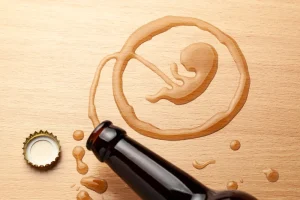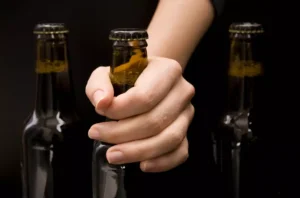
Factors that may influence a judge’s decision to offer rehab as an alternative to jail time include the nature of the crime, the individual’s criminal history, and the extent of their substance abuse issues. Eligible offenders are typically those who have committed nonviolent crimes directly or indirectly related to drug use or dependency and who would benefit from drug or alcohol treatment. That is not to going back to rehab say that they will cover every novel therapy on the market today.

What is a Relapse?

At Catalina, our team can help navigate this situation, and provide the evidence that additional support will be the best option for lasting recovery success. Success of a treatment depends on a variety of factors including the duration of the treatment, as well as its frequency and layout. Past criminal behaviors and misdemeanors can also contribute to the success or failure of the overall treatment.
Addiction Treatment Is Not a “Cure”
Sparce resources regarding time was described not only for the rehabilitation coordination assignment but also for the managers. The managers found it important to support the rehabilitation coordinator and give them legitimacy at the workplace. To strengthen the coordinators legitimacy, special education is essential and a factor that make the implementation of the function more successful. The rehabilitation coordinators will be more stimulated and engaged if the managers encourage them to take part in the special training offered by the employers or universities.
What Are the Benefits of Rehab?
- Neither has the role of the manager, who has significant impact on the implementation and support of a new function.
- A lot of people use black and white thinking when they enter recovery, but this all-or-nothing approach can often lead to a recovered addict’s demise.
- If you have attended several months of treatment followed by partial hospitalization or intensive outpatient, they may be less likely to cover rehab again in the same calendar year.
- Occupational therapy knowledge is in many ways similar to a rehabilitation coordinator’s area of expertise because it is multidisciplinary and puts the patient in a context to gain an understanding of their needs.
- Be sure to ask us whether we accept your particular health insurance plan when you call for your confidential consultation.
If you feel as if your coping skills are lacking and you aren’t meeting your normal obligations, it might be time to reach out for help. This includes keeping up with hygiene, household chores, going to work, attending school, caring for family, and more. However, if you find yourself returning to a pattern of use for several days or weeks, relapse is likely necessary. In part, this is because you’re less likely to attend 12-step meetings and more likely to isolate once you return to a pattern of using.
In the United States, the criminal justice system has been incorporating alternatives to incarceration for certain individuals struggling with substance abuse. Rehabilitation programs offer an opportunity for individuals charged with drug-related crimes or nonviolent offenses related to substance use to receive addiction treatment instead of serving jail time. Of course, there may be times when your treatment becomes a medical necessity. They might have covered a stay in a rehab facility already this year, but suppose that you get out and relapse quickly. Your situation may require another medical detox to help you stay safe as drugs and alcohol leave your system. Will health insurance cover a new type of treatment that you have not tried before?
Preparing for Life After Rehab
Relapse carries an increased risk of overdose if a person uses as much of the drug as they did before quitting. Addiction doesn’t just affect individuals; addiction is a family affliction. The uncertainty of a person’s behavior tests family bonds, creates considerable shame, and give rise to great amounts of anxiety.
People can learn to resist or outsmart the cravings until they become manageable. There are strategies of distraction and action people can learn to keep them from interrupting recovery. Another is to carefully plan days so that they are filled with healthy, absorbing activities that give little time for rumination to run wild. Exercise, listening to music, getting sufficient rest—all can have a role in taking the focus off cravings. Your plan will likely include social and medical support services.

Below is a sampling of many types of support that can be found. At the same time, be clear to everyone who is in your life—from your family members, friends, and colleagues to the staff and patients at rehab—that you’re committed to your recovery. If you are open and honest about your struggle, you will find that you are met with openness and honesty in return. Relapse doesn’t mean the treatment program didn’t work — it simply means the treatment plan needs reinforcement or adjustment. Falling back into old habits is easy, as it’s a common response to cravings, boredom, triggers and doubt. Regardless of how you define these terms, a slip increases the risk of a complete relapse.